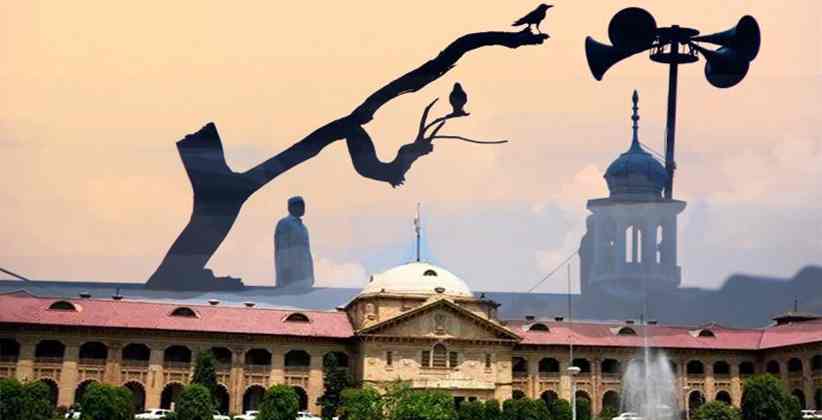Allahabad: The Allahabad High Court has delivered a significant order reiterating that poker and rummy are games of skill, not gambling, and directed authorities to reconsider the denial of permission for a gaming unit.
The court of Justice Shekhar B. Saraf and Justice Manjive Shukla heard a writ petition filed by M/S DM Gaming Pvt Ltd against an order issued by the office of the D.C.P., City Commissionerate, Agra.
The petitioner had sought permission to operate a gaming unit for poker and rummy, which was denied by the authorities. The court found that the impugned order, dated January 24, 2024, did not address the core issues and denied permission based on speculation about potential disruption of peace and harmony and concerns about gambling.
Expressing its view on the matter, the court stated: “Denial of the permission solely based on the clairvoyance of the officer concerned cannot be a ground that can be sustained. Hard facts are required to be brought on record by the officer to deny permission for carrying out recreational gaming activities.”
The court emphasized that poker and rummy are “absolutely games of skill and not gambling.” It referred to precedents set by the Supreme Court in State of Andhra Pradesh vs. K.S. Sathyanarayana and the Madras High Court in Junglee Games India Private Limited vs. State of Tamil Nadu to support this stance.
Justices Saraf and Shukla directed the concerned authority to revisit the issue, taking into account judgments from the Supreme Court and various High Courts. They ordered that a reasoned decision be made after granting the petitioner an opportunity for a hearing within six weeks.
The court also noted that granting permission for such gaming activities would not prevent authorities from taking action if actual gambling were to occur. It stated: “Needless to mention that the permission being granted by itself would not prevent the authorities concerned from checking on the aspect of gambling that may take place at a particular venue, and if it occurs, necessary action under the law can always be taken by the authorities.”
In conclusion, while disposing of the writ petition, the court directed the concerned authority to revisit the issue and pass a reasoned order after granting the petitioner an opportunity to be heard within six weeks.




!["No Loudspeakers For Azan, No Fundamental Right To Create Noise," Says Allahabad HC To Two Mosques [Read Judgment]](/secure/uploads/2020/01/lj_4995_Allahabad_HC_AZAN.jpg)








